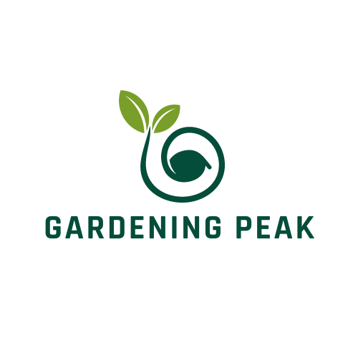Check out our Link Tree for the best essentials in the Garden!
https://solo.to/gardeningpeaks
Starting Your Garden on a Budget: 10 Essential Tips
Gardening is a rewarding and enriching hobby that doesn't have to be expensive. With a bit of creativity and resourcefulness, you can start a beautiful garden with minimal expenses. Here are ten tips to help you begin your gardening journey on a budget.
6/18/20242 min read


Starting Your Garden on a Budget: 10 Essential Tips
Plan Before You Plant
Before diving into gardening, take some time to plan your garden. Determine what plants you want to grow, considering your local climate, soil type, and available space. A well-thought-out plan will save you time, money, and effort in the long run.
Start Small
It’s easy to get carried away, but starting small allows you to learn and manage your garden without overwhelming yourself. Begin with a few pots or a small garden bed. You can expand as you gain experience and confidence.Use Seeds Instead of Seedlings
Seeds are much cheaper than seedlings or mature plants. Purchase packets of seeds, which offer more value and allow you to grow many plants. You can even save seeds from fruits and vegetables you buy from the grocery store. You can easily turn seeds into seedlings with seeding container.Create a Compost Pile
Composting is an excellent way to recycle kitchen scraps and yard waste into nutrient-rich soil for your garden. Items like vegetable peels, coffee grounds, and eggshells make great compost material. This reduces waste and provides free fertilizer for your plants. You should keep a small one in your kitchen and a large one outside once you start to become more advanced.Repurpose Household Items
Look around your home for items that can be repurposed for gardening. Egg cartons, yogurt cups, and milk jugs can be transformed into seed starting pots. Old tires, wooden crates, and barrels can serve as creative planters.DIY Garden Tools or Amazon Basic
Instead of purchasing expensive garden tools, make your own. For example, you can use an old spoon as a trowel, or create a watering can by poking holes in the lid of a plastic bottle. You can also go on amazon and find Basic Gardening Tool KitsTake Advantage of Community Resources
Many communities offer free or low-cost gardening resources, such as workshops, seed libraries, and compost giveaways. Local gardening clubs or community gardens can also be a source of free advice and sometimes plants or seeds.Choose Low-Maintenance Plants
Opt for hardy, low-maintenance plants that are easy to grow and care for, especially as a beginner. Herbs, lettuce, radishes, and marigolds are great choices that require minimal care and yield high rewards.Mulch Your Garden
Mulching helps retain soil moisture, suppress weeds, and improve soil health, reducing the need for watering and weeding. Use organic materials like grass clippings, leaves, or straw, which you can often obtain for free.Learn and Adapt
Gardening is a continual learning process. Educate yourself through books, online resources, and advice from experienced gardeners. Observe your garden regularly and be willing to adapt your methods based on what works best in your environment.
By following these tips, you can embark on your gardening journey without breaking the bank. Gardening not only provides fresh produce and beautiful flowers but also offers a sense of accomplishment and a connection to nature. Happy gardening!
Gardening
Tools, tips, tricks, hacks for a smoother time in the garden.
Disclaimer
© 2024. All rights reserved.
